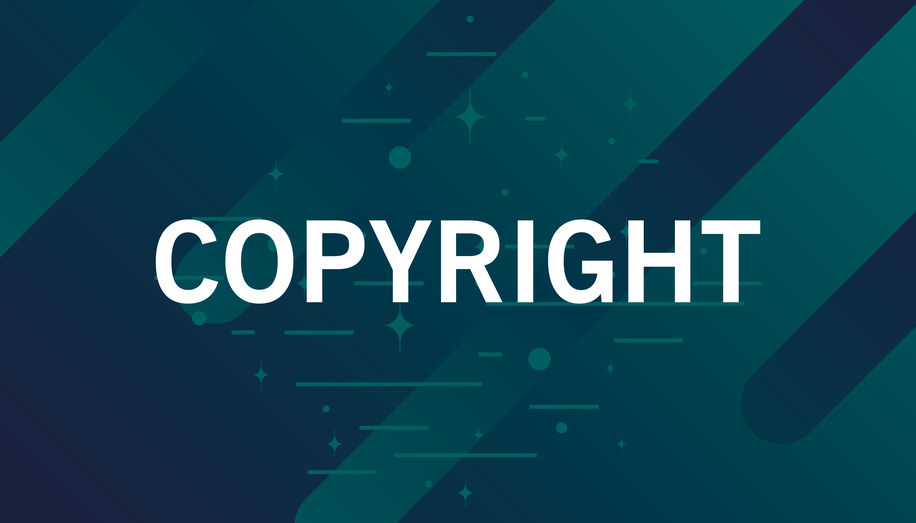You sold a work in an exhibition. The buyer takes a photo and uploads it to his blog, recognizing you as an author. He hangs it in his living room but decides to pass a small brush to integrate tones more in line with his wall. He photographs his room and turns the image into a postcard. He makes two hundred copies and posts them on his blog to give away. On the back of the postcard, along with its copyright notice, he includes your name as the author of the painting.
You find out everything the buyer did with your work. You write to him reminding him that you are the author of the work and therefore, retain all exclusive rights to it. You ask him to cease and desist from his activity, or for him to purchase a license from you to authorize it. The client answers the following:
“I have not done anything illegal. I bought the work, so I can do what I want with it. It is my property like any other good. I am doing you a favor by sharing it and giving you promotion. If you were willing to exhibit it and sell it, you can’t complain if they later share it in photos. And as for the postcards, I did not violate your rights either. First, your work occupies a fraction of my image; second, I am not receiving money in return; and third, I am recognizing you as the author.”
Although his position seems fairly reasonable, he is almost absolutely wrong. The Copyright Act of 1976 grants a series of exclusive rights to the authors of original works – reproduction of the work in copies; distribution of those copies; derivative works; public display; public execution and; transmissions. These are born from the moment the work is created, and unless the author agrees to its transfer or resignation in writing, or performs it as an employee, they belong to him exclusively during his life, and 70 years after his death.
Does a Copyright Transfer to me when I buy the work?
Now, let’s examine the buyer’s arguments. First, the purchase of the work does not transfer copyright to the buyer. By means of the purchase, the property right over the physical good is acquired – a canvas with paint on top of it. The Copyright Act provides for any transfer of copyright to be made exclusively by written agreement. Although the work is owned by the client by virtue of a lawful sale, it is limited by the rights of its author.
Second, both taking the picture of the work, and uploading it to a blog are infractions; recognizing the author does not heal anything. By law, it is the author who has the right to reproduction, and distribution of it – including blogs and social networks. The fact that the author exhibits a work, seeks its sale or publishes it online does not constitute a waiver of these rights.
What is a Derivative work?
Finally, the postcard issue helps us understand the right to derivative works. A derivative work, or adaptation, is a work like any other, capable of acquiring rights on its own. However, it is based, totally or partially, on an existing work. An example is the “Game of Thrones” series, which appropriates the literature of George R.R. Martin to adapt it to television. In this case, it is the author who retains the right to create works based on his work, and the rights they generate. A photograph of a painting constitutes a derivative work, since it uses an existing work to create a new one. Since it is not authorized by its author, and for not applying an exception in law, the postcard constitutes an infraction. The fact that the client does not receive money in return, or that the painting is a fraction of the photo, or that the author of the work is recognized, does not heal the infraction. This occurs at the time of appropriation without more – of not applying an exception in law.
If you would like to read the second part of this blog, click here to continue.








